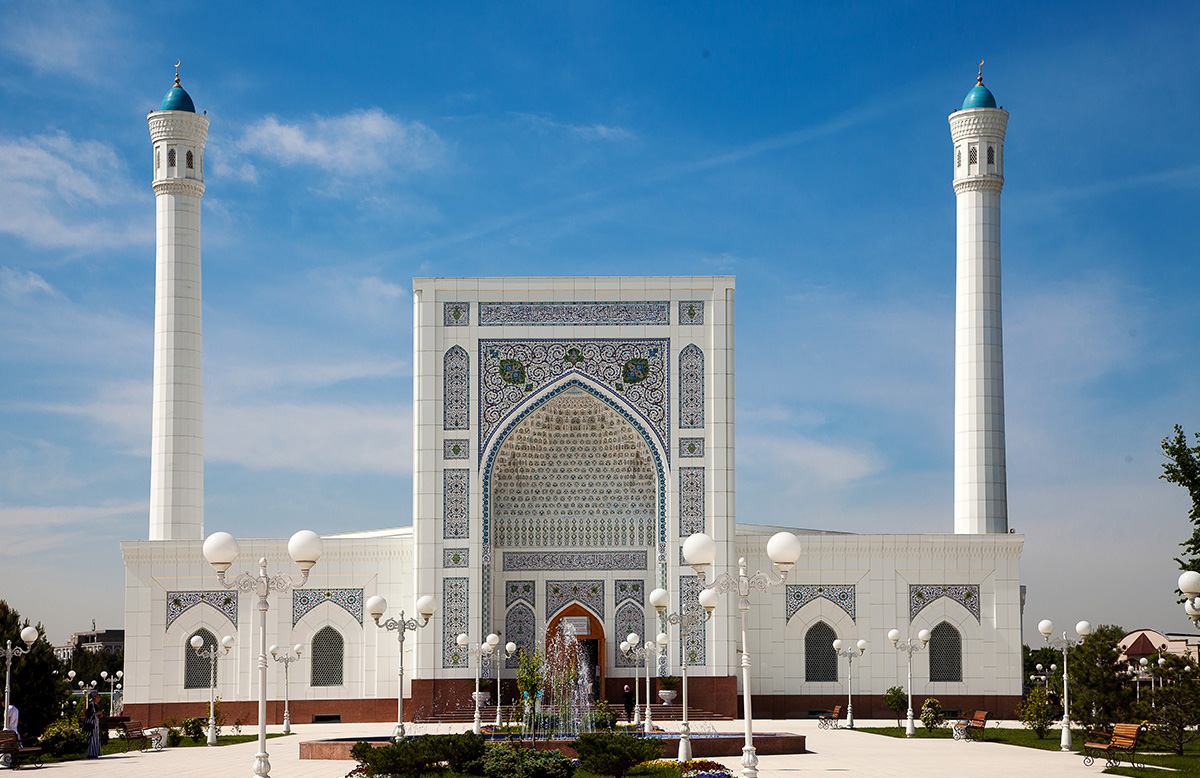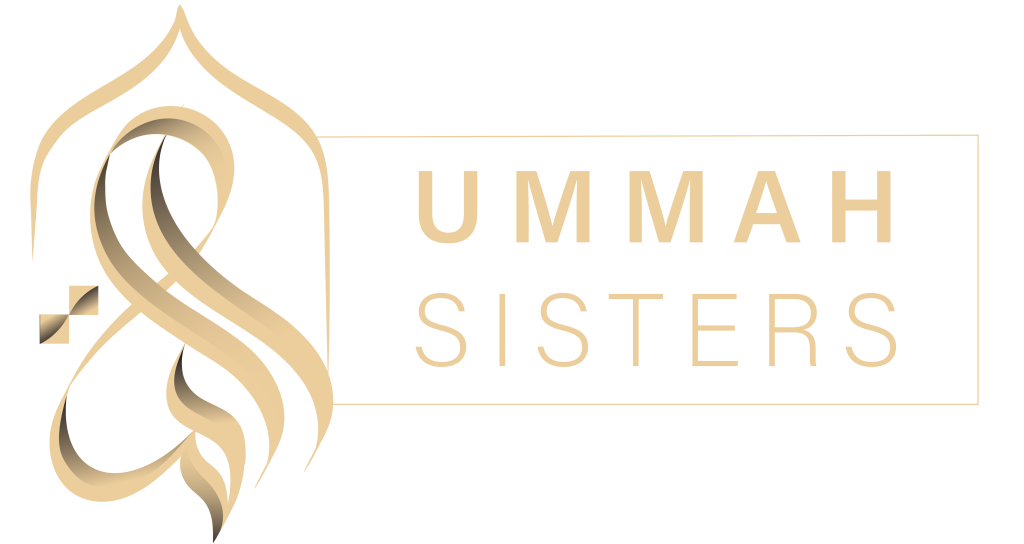
In a recent Islamic talk, the speaker, Dr. Asiya, shed light on the critical topic of “Choices That Matter.” She began with an impactful analogy, referencing a video where a rat fell into a pit, and others blindly followed, meeting the same fate. This, she explained, mirrors the behavior of many young Muslims today who fail to utilize their abilities and intellect—their “shaoor”—and end up trapped by their own choices.
Dr. Asiya emphasized that humans have been uniquely blessed with higher-order cognitive functions, enabling them to make thoughtful decisions. Allah granted man the capacity to choose, a responsibility highlighted in the Quran. She referenced the verse where Allah presented the Trust (Amana) to the heavens, the earth, and the mountains, but they declined to bear it. Man, however, accepted it:
إِنَّا عَرَضْنَا الْأَمَانَةَ عَلَى السَّمَاوَاتِ وَالِأَرْضِ وَالْجِبَالِ فَأَبَيْنَ أَنْ يَحْمِلْنَهَا وَأَشْفَقْنَ مِنْهَا وَحَمَلَهَا الِإِنْسَانُ إِنَّهُ كَانَ ظَلومًا جَهُولًا “Indeed, We offered the Trust to the heavens and the earth and the mountains, and they declined to bear it and feared it; but man [undertook to] bear it. Indeed, he was unjust and ignorant.” (Surah Al-Ahzab: 72)
Despite this immense gift, many today fail to exercise their intellect. Dr. Asiya pointed out how often we avoid doing good deeds under various pretexts. For instance, some hesitate to give sadaqah to
Palestinians, citing doubts about whether the aid will reach them. She identified this as a lack of tawakkul and a reflection of our unwillingness to act. This hesitation, she noted, is symptomatic of a “brain fog” that clouds our judgment and hinders our ability to make righteous choices.
To overcome this, Dr. Asiya urged listeners to identify the root causes behind their reluctance to act. Are our intentions lacking? Do we genuinely not want to engage in good deeds? Recognizing these barriers is the first step to making decisions with “shaoor.” She stressed the importance of standing for justice, propagating good, and practicing “Nahi al-Munkar” (forbidding evil).
Ultimately, Dr. Asiya reminded everyone that we will be held accountable for our actions and inactions. The choices we make—or fail to make—will determine not only our individual destinies but also the state of our society. Therefore, it is imperative to act with intention, clarity, and a commitment to justice, making choices that truly matter.
Dr. Asiya emphasized that humans have been uniquely blessed with higher-order cognitive functions, enabling them to make thoughtful decisions. Allah granted man the capacity to choose, a responsibility highlighted in the Quran. She referenced the verse where Allah presented the Trust (Amana) to the heavens, the earth, and the mountains, but they declined to bear it. Man, however, accepted it:
إِنَّا عَرَضْنَا الْأَمَانَةَ عَلَى السَّمَاوَاتِ وَالِأَرْضِ وَالْجِبَالِ فَأَبَيْنَ أَنْ يَحْمِلْنَهَا وَأَشْفَقْنَ مِنْهَا وَحَمَلَهَا الِإِنْسَانُ إِنَّهُ كَانَ ظَلومًا جَهُولًا “Indeed, We offered the Trust to the heavens and the earth and the mountains, and they declined to bear it and feared it; but man [undertook to] bear it. Indeed, he was unjust and ignorant.” (Surah Al-Ahzab: 72)
Despite this immense gift, many today fail to exercise their intellect. Dr. Asiya pointed out how often we avoid doing good deeds under various pretexts. For instance, some hesitate to give sadaqah to
Palestinians, citing doubts about whether the aid will reach them. She identified this as a lack of tawakkul and a reflection of our unwillingness to act. This hesitation, she noted, is symptomatic of a “brain fog” that clouds our judgment and hinders our ability to make righteous choices.
To overcome this, Dr. Asiya urged listeners to identify the root causes behind their reluctance to act. Are our intentions lacking? Do we genuinely not want to engage in good deeds? Recognizing these barriers is the first step to making decisions with “shaoor.” She stressed the importance of standing for justice, propagating good, and practicing “Nahi al-Munkar” (forbidding evil).
Ultimately, Dr. Asiya reminded everyone that we will be held accountable for our actions and inactions. The choices we make—or fail to make—will determine not only our individual destinies but also the state of our society. Therefore, it is imperative to act with intention, clarity, and a commitment to justice, making choices that truly matter.


